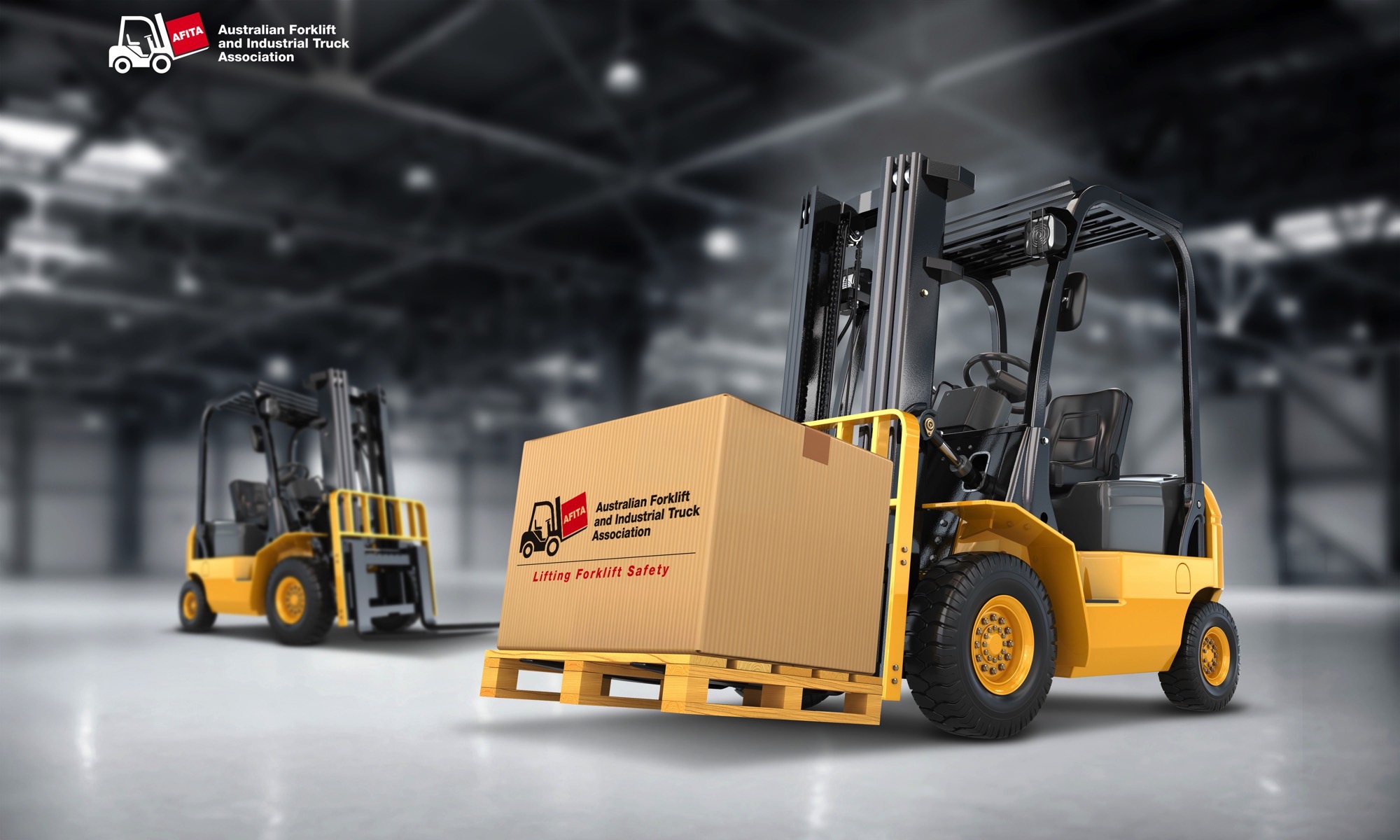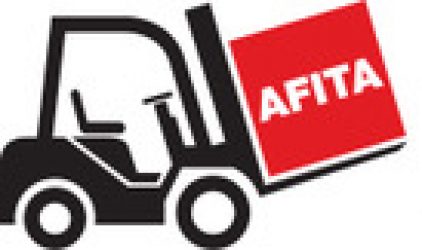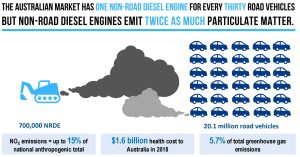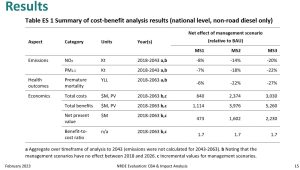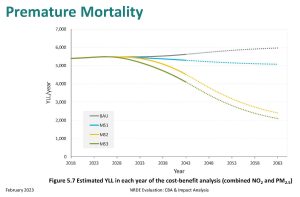In April 2018 what is now the Department of Climate Change, Energy, the Environment and Water (DCCEEW) commenced an evaluation for a national approach to manage emissions from non-road diesel engines.
The Issue
- Australia currently has no regulations to control noxious emissions from non-road diesel engines.
- Total particulate emissions from non-road diesel engines are significantly larger than total particulate emissions from all on-road motor vehicles in Australia (petrol, diesel and LPG), even though the number of non-road diesel engines is only about 3% of the number of on-road engines.
- They emit particulate matter (mainly fine particles, PM2.5), oxides of nitrogen, volatile organic compounds and a range of air toxics which are harmful to human health.
- Current international best practice standards emission standards for diesel engines are US Tier 4f
Cost-Benefit Analysis
In Mid 2022 a cost – benefit analysis was completed. It assessed the potential outcomes of three different management scenarios for managing emission standards:
- Industry agreement (non-regulatory): Industry would, agree to meet targets for sales of new non-road diesel engines which align with US Tier 4f.
- Phased standards (Commonwealth regulation): interim US Tier 3 introduced as soon as practicable, with a later transition to US Tier 4f.
- Best practice standards (Commonwealth regulation): emission standards that align with US Tier 4f introduced as soon as practicable.
The evaluation found that Management Scenario 3 would be the most effective approach. Immediately implementing the highest engine emission standard would result in the best health and economic return for the community over the long term.
The findings of the evaluation period were discussed in webinars in February 2023.
The Cost Benefit Analysis can be found here, Executive Summary here
The 2023 Webinar Presentations are here and the Presentation Transcript is here. Webinar Q&A is here
The DCCEEW website page is here
Next Steps – Regulation to Tier 4f
The Department is now preparing to engage in the process for a Regulatory Impact Statement (RIS) which will involves a public consultation period. This is required as part of the process of creating Commonwealth Regulation.
At this stage, the process appears to envisage introduction of regulation in 2024 with Tier 4f engines required from 2026 onwards.
Cost – Benefit Results
YLL = Years of Life Lost
